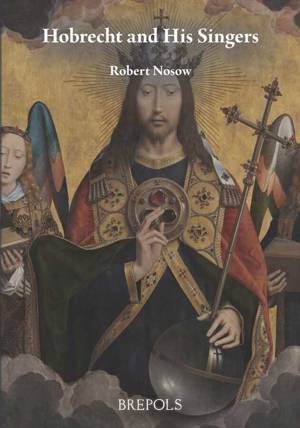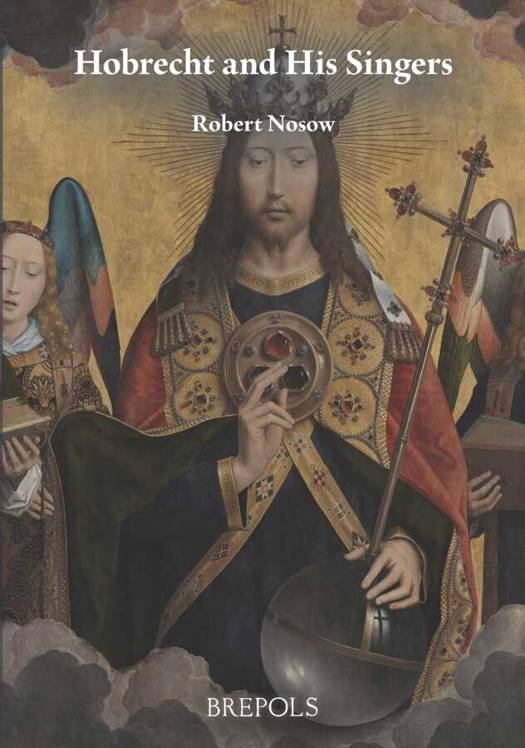
Bedankt voor het vertrouwen het afgelopen jaar! Om jou te bedanken bieden we GRATIS verzending (in België) aan op alles gedurende de hele maand januari.
- Afhalen na 1 uur in een winkel met voorraad
- In januari gratis thuislevering in België
- Ruim aanbod met 7 miljoen producten
Bedankt voor het vertrouwen het afgelopen jaar! Om jou te bedanken bieden we GRATIS verzending (in België) aan op alles gedurende de hele maand januari.
- Afhalen na 1 uur in een winkel met voorraad
- In januari gratis thuislevering in België
- Ruim aanbod met 7 miljoen producten
Zoeken
Omschrijving
Hobrecht and His Singers frames the life of the illustrious composer Jacob Hobrecht (Obrecht) within a single institution, the Church of St. Donatian in Bruges. As a collective biography of the musicians at an important collegiate church in the late fifteenth century, the book will be of interest to readers of ecclesiastical, social, and urban history. Hobrecht twice served as succentor, or master of the choirboys, and twice was forced to leave the city--the first time in the wake of a devastating civil war, the second time in disgrace. The monograph focuses on the social and economic realities for the succentors and polyphonic singers, the Companions of Music, who worked closely together on a daily basis, during the years 1485-1505. Thick description provides a more comprehensive context for the lives of Jacob Hobrecht and seven musicians whose biographies are recounted here for the first time. Conflicts between the singers and the collegiate church to which they were pledged, driven in part by their emerging professional status circa 1500, helped lead to different career trajectories, in one case ending in tragedy. Numerous new documents add uncommon detail, both quotidian and dramatic, to the career of Hobrecht, necessitating original interpretations. Seven representative compositions written during his two periods in Bruges-both Masses and motets-demonstrate the kinds of work he undertook as succentor and the occasions for which he composed them, poised at the intersection of church and urban culture.
Specificaties
Betrokkenen
- Auteur(s):
- Uitgeverij:
Inhoud
- Aantal bladzijden:
- 321
- Taal:
- Engels
- Reeks:
Eigenschappen
- Productcode (EAN):
- 9782503597027
- Verschijningsdatum:
- 24/03/2022
- Uitvoering:
- Paperback
- Formaat:
- Trade paperback (VS)
- Gewicht:
- 1719 g

Alleen bij Standaard Boekhandel
+ 116 punten op je klantenkaart van Standaard Boekhandel
Beoordelingen
We publiceren alleen reviews die voldoen aan de voorwaarden voor reviews. Bekijk onze voorwaarden voor reviews.









